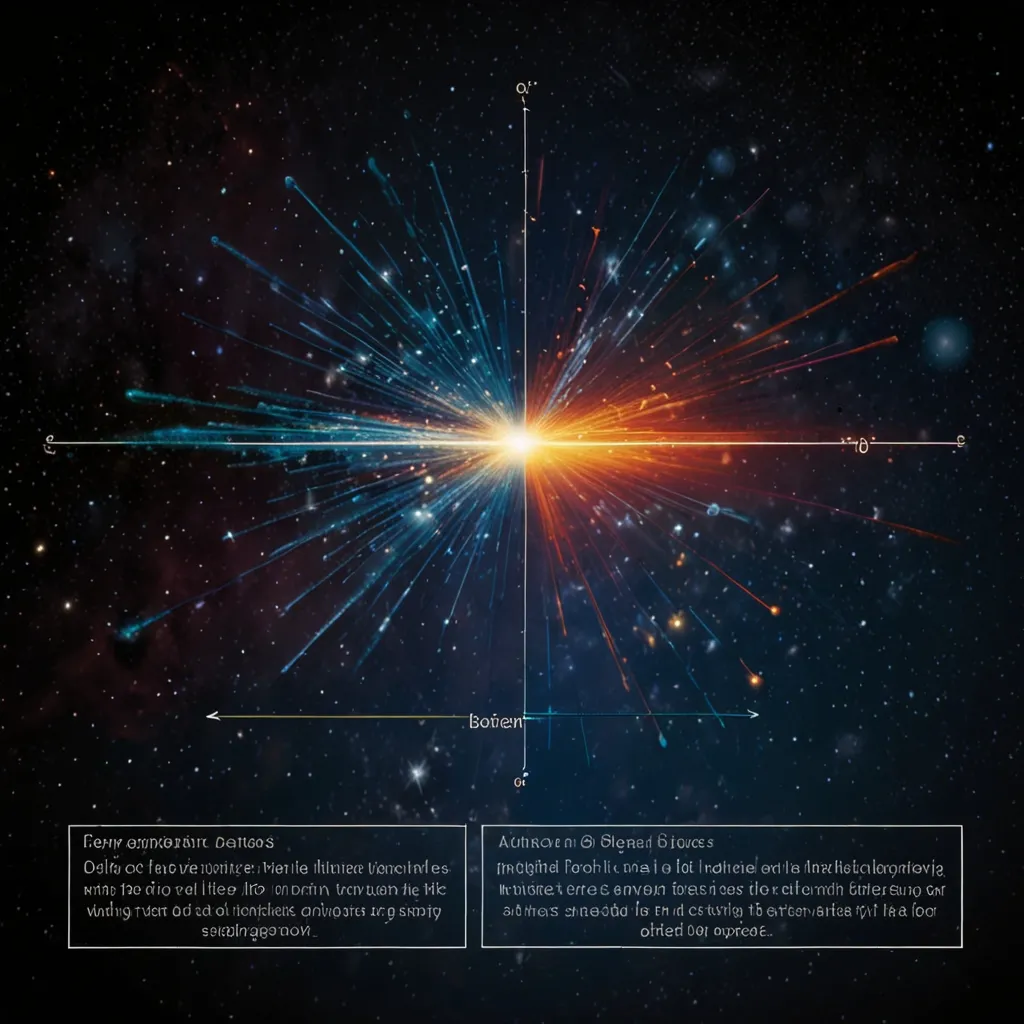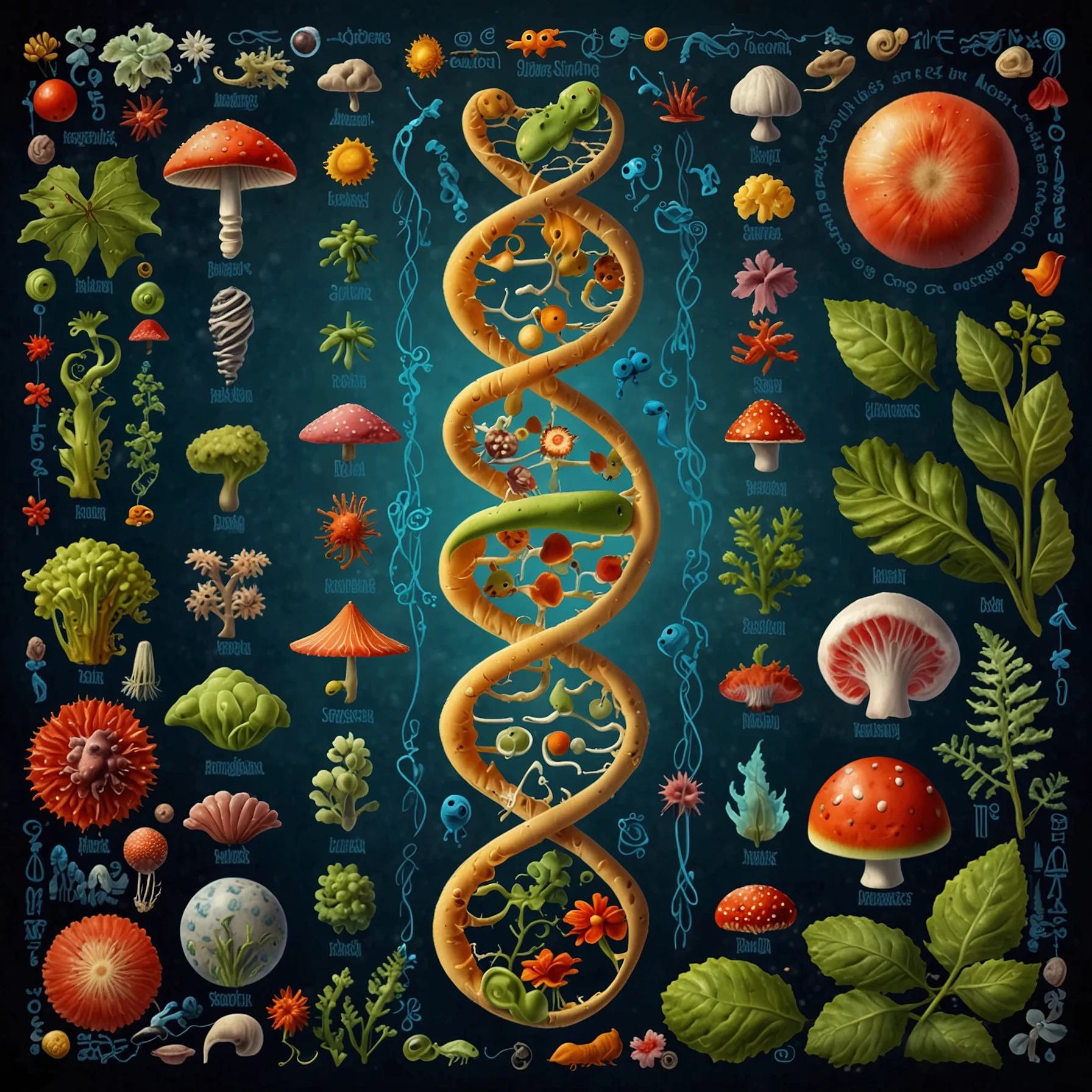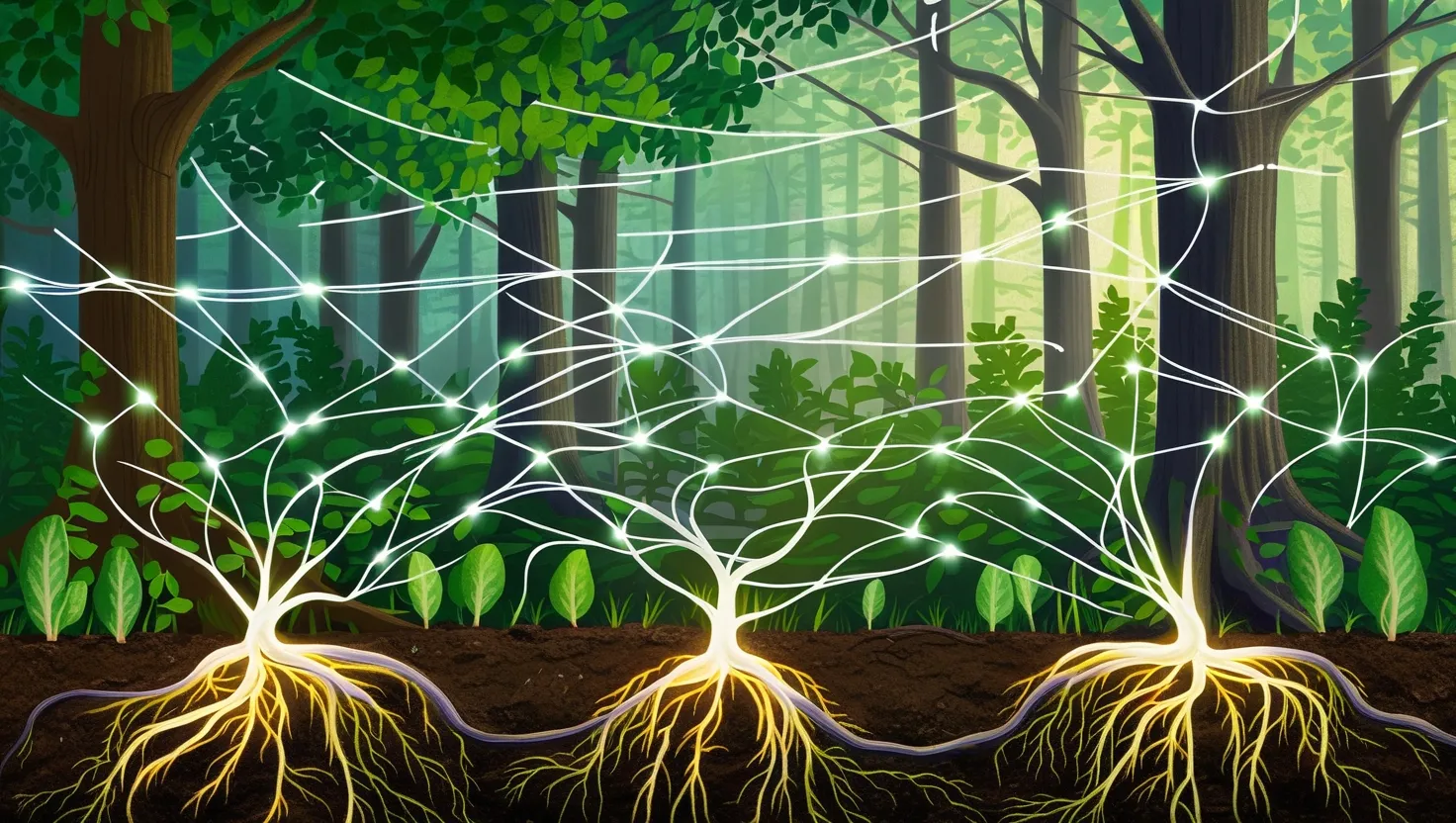Entropy stands out as one of the most intriguing concepts in physics, shrouded in complexity and mystery. Often described as a measure of disorder within the universe, entropy is governed by the second law of thermodynamics, which essentially states that entropy can only increase. This irreversible march towards greater disorder has led some scientists to speculate that entropy might even be responsible for the unidirectional flow of time.
But if entropy is so fundamental, what does that reveal about the nature of reality? The story of entropy also involves the exploration of information and how these two concepts intertwine.
James Clerk Maxwell, a Scottish physicist, posed a thought experiment in the 19th century known as Maxwell’s demon. In it, a hypothetical demon controls a tiny door between two gas chambers, allowing molecules to pass in a manner that supposedly reduces the system’s entropy. This idea troubled scientists for over a century, as it appeared to contradict the second law of thermodynamics.
The resolution came from researchers at IBM, who revealed that the demon’s operation hinges on information processing. To decide when to open or close the door, the demon must gather and record information about the gas molecules. This act of acquiring information itself increases entropy, preserving the second law.
In simpler terms, information and entropy are deeply connected. Erasing information, for example, produces heat, thereby increasing entropy. The real takeaway here is that entropy is more accurately described not merely as disorder, but as a measure of the amount of information needed to describe a system’s microstates.
Now, how does this link to the flow of time? All known physical laws are symmetrical regarding time, meaning they don’t inherently dictate a preferred direction for the flow of time. Entropy, however, only increases, providing a one-way direction. This led British scientist Arthur Eddington to suggest that the increase of entropy might be the reason for time’s forward flow.
However, this relationship is still debated. The early universe, following the Big Bang, existed in a state of strikingly low entropy. Yet why the universe began in such an ordered state remains one of the biggest questions in physics. Theories from physicists like Alan Guth and Sean Carroll suggest that the universe’s initial state naturally evolved into a state of higher entropy, driven by the fundamental nature of entropy itself.
As we gaze into the far future, entropy predicts a universe that will continue to spiral into greater disorder. At some point, after unimaginable spans of time, even matter itself could disintegrate. Yet, in the vast expanse of time, quantum fluctuations have the potential to create new structures, even entire universes.
While these thoughts can be both fascinating and daunting, they highlight the profound connection between entropy, information, and the nature of time. This intricate dance defines not just our physical world but shapes our very existence, hinting at the underlying principles that govern the cosmos.






